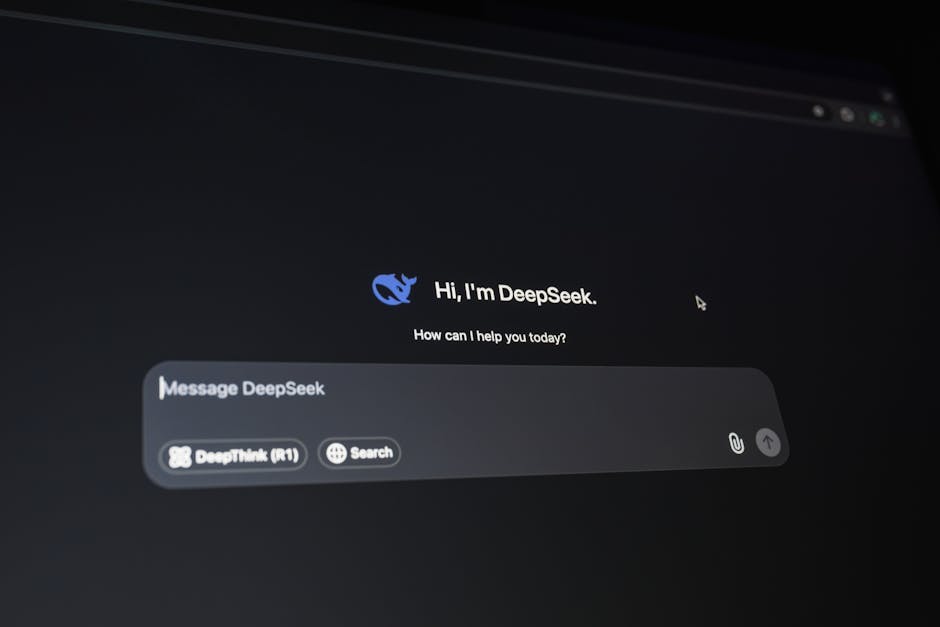Picture this: It’s 10 PM. Your phone buzzes. It’s a message from a close friend. They’re in a classic dilemma – seeking career advice, navigating a relationship conundrum, or maybe just deciding what to wear to a cousin’s wedding. They’ve come to you, their trusted confidante, for your wisdom.
You read their long, heartfelt message. You want to help, but you’re tired. The perfect words feel just out of reach. And then, a thought flashes in your mind, as bright and tempting as a screen in a dark room: “I’ll just ask a chatbot.”
In seconds, you have a perfectly structured, well-written, multi-point answer from an AI. It’s logical, comprehensive, and sounds incredibly intelligent. The temptation is overwhelming. All you have to do is copy, paste, and hit send.
Stop. Don’t do it.
While AI can be a useful tool, outsourcing your personal advice to a chatbot can damage the trust and authenticity at the heart of your friendships. When a friend asks you for advice, they aren’t just looking for data; they are looking for you. Here’s why you should think twice before you copy and paste.
1. Chatbot Answers are Impersonal and Lack Context
A chatbot’s response, no matter how sophisticated, is inherently generic. It lacks a soul. It doesn’t know about that one time your friend tried a similar thing and failed spectacularly. It doesn’t remember the inside jokes you share. It can’t say, “Hey, remember what happened in Goa? This feels a bit like that.”
Your advice is valuable precisely because it is filtered through the lens of your friendship and shared history. A copy-pasted answer is the digital equivalent of sending a pre-printed greeting card without signing your name. It’s empty, and it lacks the personal touch they came to you for.
2. AI-Generated Text Sounds Robotic and Inauthentic
Let’s be honest, most of us can spot AI-generated text a mile away. It has a certain sterile perfection. The bullet points are too neat, the tone is either overly formal or unnaturally chirpy, and it uses phrases no real person would use in a casual chat.
Imagine asking your friend, “Should I quit my job?” and getting a reply that begins with, “Embarking on a career transition is a significant undertaking that necessitates a multifaceted evaluation.” Your friend didn’t ask a corporate HR manual for advice; they asked you. That robotic language creates a jarring disconnect and immediately signals that you couldn’t be bothered to type your own thoughts.
3. It’s a Breach of Friendship and Trust
A question from a friend is an act of vulnerability. They are opening up, trusting you with their uncertainty. To copy and paste an answer from a chatbot is a subtle betrayal of that trust. It sends a clear message: “Your problem isn’t important enough for my own time and mental energy.”
This communicates laziness and, worse, a lack of genuine care. Friendship is built on the currency of authenticity, and passing off an AI‘s work as your own is fundamentally inauthentic.
How to Use AI Responsibly: A Brainstorming Tool, Not a Replacement
This isn’t to say that AI has no place. If you’re stuck, by all means, use a chatbot as a brainstorming partner. Ask it for pros and cons, or to help structure some initial ideas. But treat that output as raw material, not the finished product.
Here’s a better approach:
* Read the AI output for ideas.
* Infuse it with your personality. Rephrase everything in your own words.
* Add personal context. Start with, “Okay, I was thinking about this, and here’s my take…” or add a personal story.
* Use your own voice. Include your slang, your emojis, and your unique way of speaking.
A friend’s question is not a query to be solved; it’s a hand reaching out for connection. The next time your phone buzzes with a question, take a deep breath. Put your own heart and mind into the answer. Your friendship is worth more than a copy-paste.




